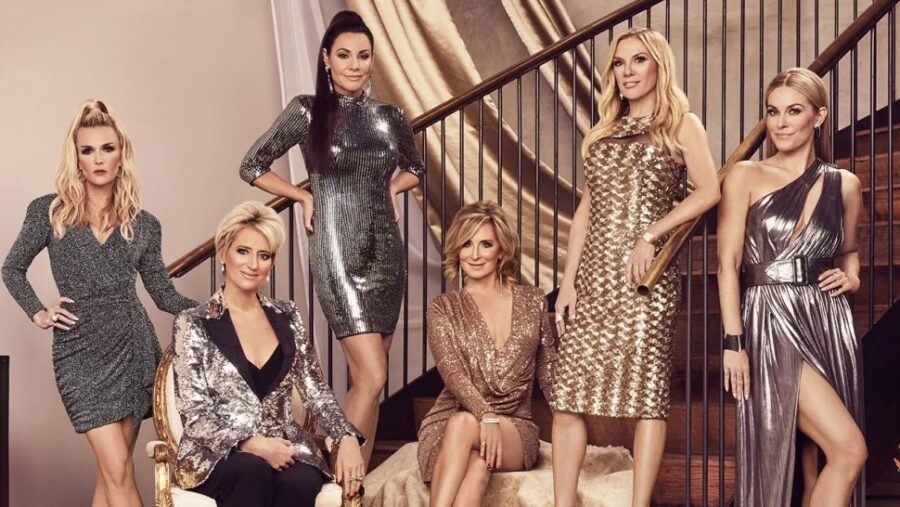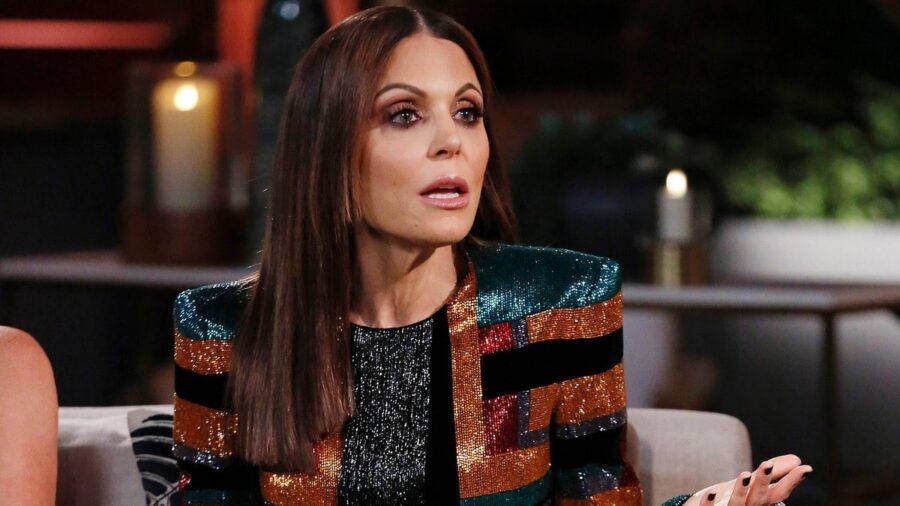Reality TV Stars Also Going On Strike?

As shared by Deadline, Bethenny Frankel took to Instagram and TikTok recently to argue that reality TV stars should be joining with SAG-AFTRA members to go on strike for better treatment. In the wake of striking writers and actors, it’s clear that networks and streamers will be turning to unscripted, non-SAG reality shows to fill programming gaps. For Frankel, this feels like the latest sign that the people whose lives are used to create these shows are being exploited.
Hollywood studios use reality television as cheap product, and Real Houswives star Bethenny Frankel thinks that’s exploitative and wants to unionize reality stars.
Frankel has set herself up as a voice for reality TV stars following her time appearing on Real Housewives of New York, from which she launched her Skinny Girl brand. Granted, her reality TV fame has helped bring her a lot of success as CEO of Skinny Girl, especially after selling its liquor division for a reported $100 million, even as she maintains the brand name to use in other business ventures. But she’s one of the more savvy and lucky ones.
It’s more vulnerable, less successful reality TV stars Frankel is most eager to protect. In the video, she not only reveals that she was only paid $7,250 for her first Real Housewives season but that she sees no residuals for those episodes, from which Bravo continues to profit. She is concerned with those “young, doe-eyed” people who naively sign contracts that benefit networks and streamers and leaves them without compensation commensurate to their work’s profits.
Bethenny Frankel was paid only $7,250 for her first season on Real Housewives of New York, and to date, she receives no residuals from Bravo.
In the present moment, Frankel sees reality TV stars as the ones who will be called upon to “carry the water and do the heavy lifting” while union actors are on strike, calling them “stepchildren,” “mules,” and “pack horses” for the entertainment industry. She is certainly not wrong about the industry leaning on reality shows to make up for losses in scripted television. In fact, reality shows may soon be the only thing to watch.

But she also speaks to the ways in which reality TV stars are, in her view, exploited as their real-life tragedies are used to draw viewers. Pointing to the affair that has “pretty much ruined” the life of Raquel Leviss, who stars in Vanderpump Rules as well as the way Bravo seemed to jump on the tragedy of her own husband’s death, Frankel says that reality TV takes advantage of people’s suffering. The industry “can exploit this green talent,” she says, but she asks whether they should.
Bethenny Frankel uses the recent Vanderpump Rules scandal, which destroyed the life of Raquel Leviss, as another reason why reality tv stars need the protection of a union.
She says contracts should protect reality TV stars, not set them up for the “gotcha moment” of learning that they are missing out on residuals from streaming, merchandise, and more. In a subsequent video, she lays out ten points that she feels are essential to fairness in reality TV, noting that they are specific but negotiable starting points. In what she calls “the Bethenny clause,” she outlines basic pay scales and terms for residuals that she believes are fair and similar to what actors are given.
For reality TV stars, she says, the inability to afford a good lawyer or understand the terms of a contract should not be used to the advantage of networks and streamers and to exploit the talent and real lives of the stars. Whether this video will lead more reality stars to join her call for a strike remains to be seen, but what is clear is that this is yet another symptom of systemic problems in the entertainment industry that are being worked out on a very big stage.












